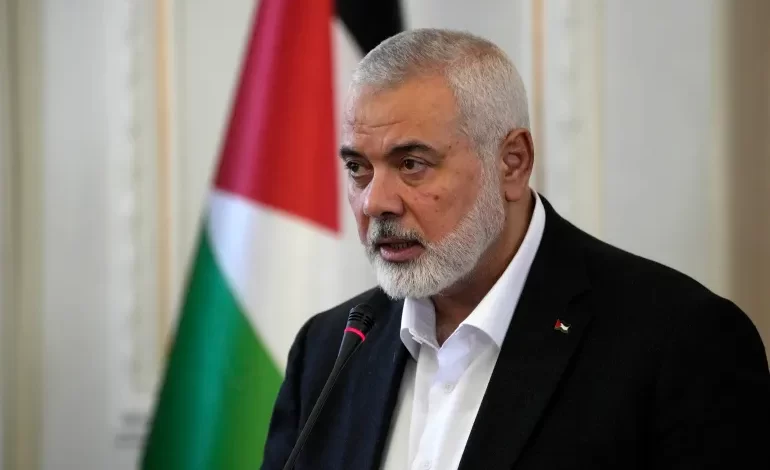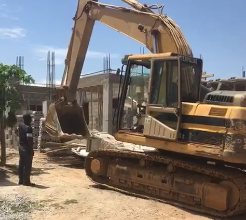
The killing of Ismail Haniyeh, Hamas’s political chief, has been termed a serious escalation that will elicit a reaction.
Born in 1963 in Gaza’s Shati refugee camp, Ismail Haniyeh, a prominent Hamas leader, has had a tumultuous political career.
He joined Hamas during the Palestinian intifada in 1987 and was subsequently detained by Israel multiple times.
After being exiled in 1992, he returned to Gaza the following year and became a close advisor to Hamas’ founder, Sheikh Ahmad Yassin.
Haniyeh served as Palestinian prime minister in 2006 following Hamas’ victory in parliamentary elections but was later removed in 2007.
Israel has accused him of supporting Hamas’ military branch and channelling aid to them.
Haniyeh has been instrumental in strengthening Hamas’ military power with support from Iran.
In 2017, he was replaced as the primary authority figure in Hamas by Yehia Sinwar.
In 2018, Haniyeh was labelled a terrorist by the US state department for his backing of armed conflict and involvement with Hamas.
Haniyeh’s three sons and four grandchildren were killed in an Israeli airstrike in Gaza on the 10th of April.
Even in the face of tragedy, he remained steadfast in his commitment that Hamas’ requests for a lasting ceasefire and repatriation of displaced Palestinians would remain unchanged.




